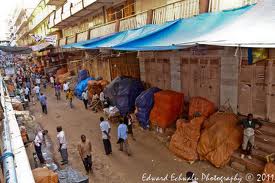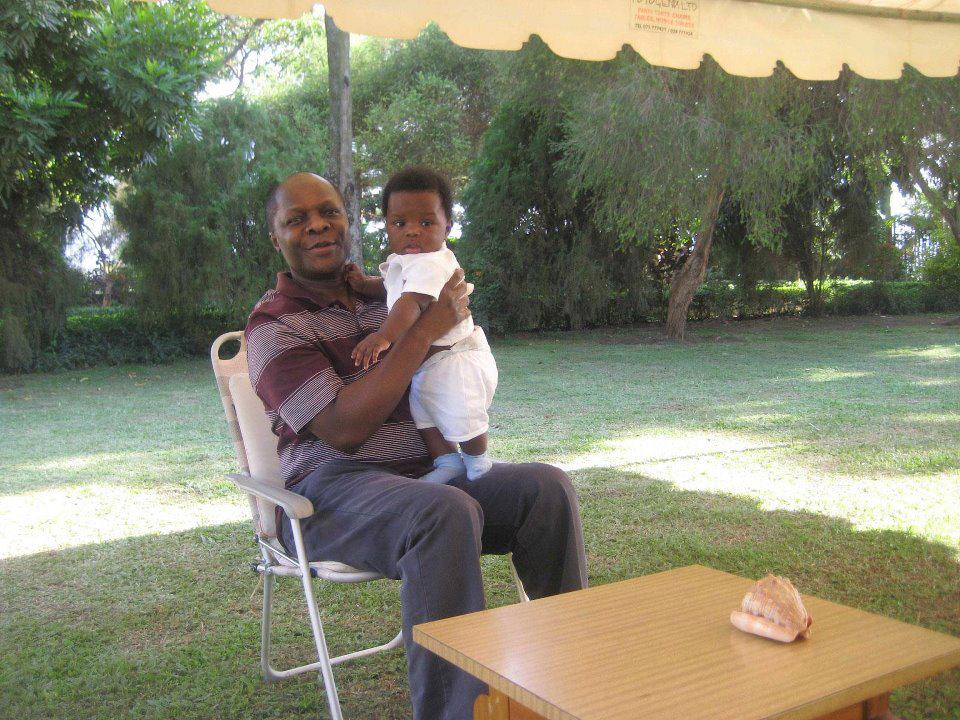Despite its high profile within the Ugandan press, the strike by Kampala traders association revealed familiar lessons without much progress on how either the traders hoped to overcome their problems or how we can all learn to overcome ours within the Ugandan political system. Firstly, it confirmed the obvious that most strikes end up with a talk from the President and promises thereafter. This should not be surprising. After it has happened so many times over the years – teachers, students, nurses before them- one would hope that Kacita knew the strike would end up before the President.
The central role of the President of Uganda as an arbiter of last resort comes however at a high cost- another common lesson about the Ugandan system. It disempowers institutions and allows them -where they are deliberately negligent or even criminally so- to pass the buck. The Ugandan phrase that captures this practice is “orders from above”. In other words organs of government and their minders may well operate with impunity if the decision to do so is attributed to the higher power- the Presidency. Recently the Presidency itself has objected to being an alibi for corruption- at least unwillingly.
It is also true that sometimes regulators or regulation is simply absent for things that need regulation.
And with this I have observed over the years regulators tend to be weaker than those people or institutions they regulate. As with Kacita – there were many institutions between the President and the traders on the issue of interest rates and bank charges.
Of course it would be nice to have a Consumer Services Regulator that could intervene where bank charges ( long a rip off) or revised interest rates are dumped on the consumer. But then one thinks of say mobile banking. Services for this billion shilling business has suffered recently. However mobile phone companies are not banks and the regulator for mobile telephonry has often been a lobbyist for the interests of the industry. A consumer protection body exists for the ICT sector in Uganda known as the National Information Technology Authority (NITA). Have you heard of them?
The main regulator for financial sector is the Central Bank. However the recent relationship news between the Bank of Uganda and the Executive itself exposed the institution and its management as weak kneed against political pressure or even complicit in some potentially criminal activity. One of these actions is related in fact to the Kacita strike. BoU in 2010 attempted a currency reform which ended up circulating two currencies concurrently. One government economist told me this was tantamount to printing money. However the same institution is now tightening access to credit to “mop up” excess liquidity it ostensibly had a hand in creating. That BoU is one of the more independent organizations in the country says as much.
This is probably why Kacita attempted to bully BoU by creating an eyesore in the usually busy business district of shut shops and potential clashes between traders and the police. They knew that ultimately to politicize or better securiti-size this issue would get then an audience with the President ( who carries a bigger stick) might help their cause. It was basically a shake-down.
I like the phrase “organized hypocrisy” when it comes to governments and public policy. So maybe we should leave it there save for one final thing.
At the end of their strike one of the suggestions that “came out strongly” as we Ugandans are wont to say is that Kacita should “divest” into exports. Uganda has an export promotion board (it is not a regulator but has similar powers) but investment for export does not happen overnight and if one considers the nightmare that industrial production in Uganda is – this random statement to the street mob also rings familiar.
If you do not have bread – eat cake maybe?
If you read official government policy positions Uganda was never meant to be a trade dependent economy. The floors of the Ministry of Finance and others are filled with “export led economy” papers. How then did trade become a “monopoly” and traders associations a body to contend with?










